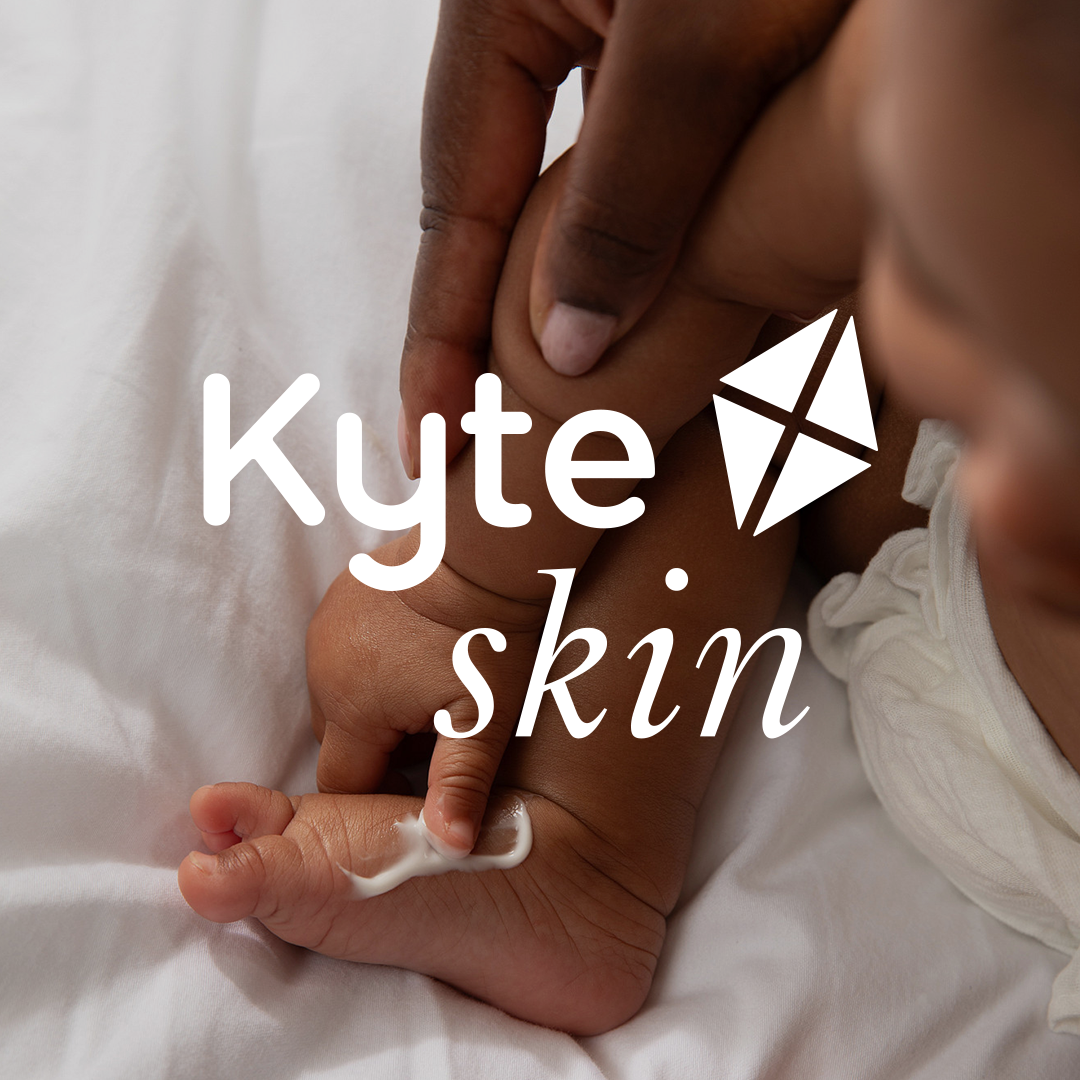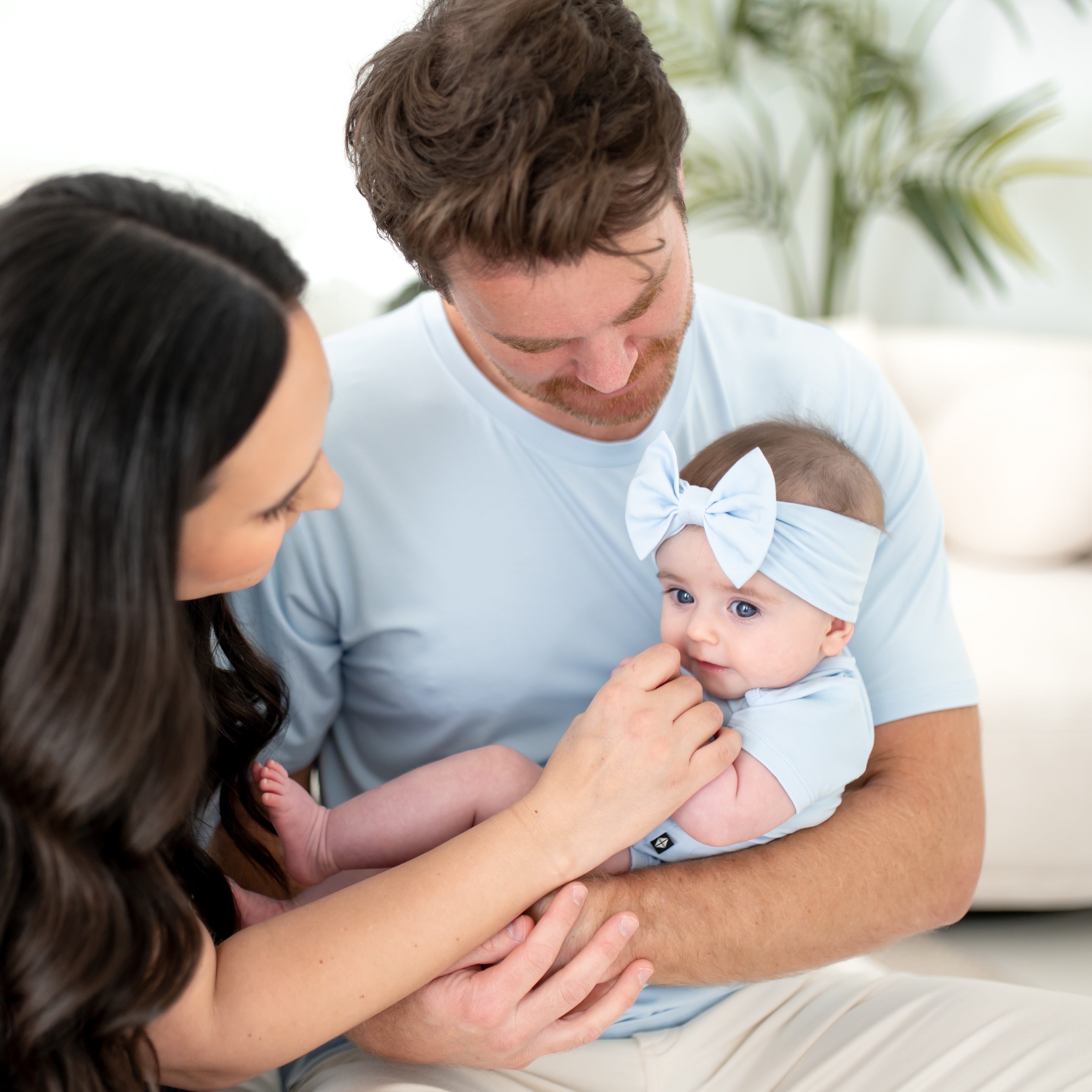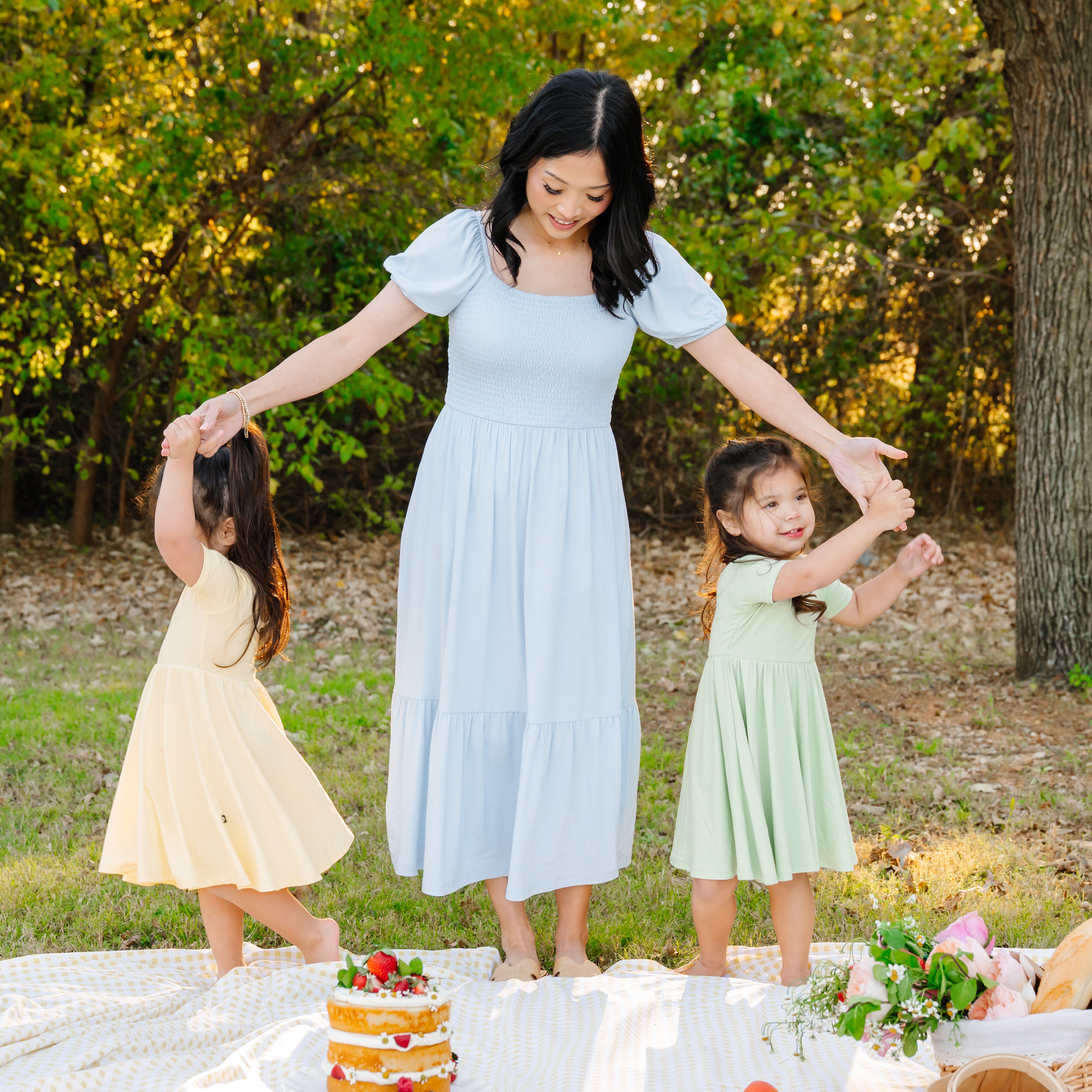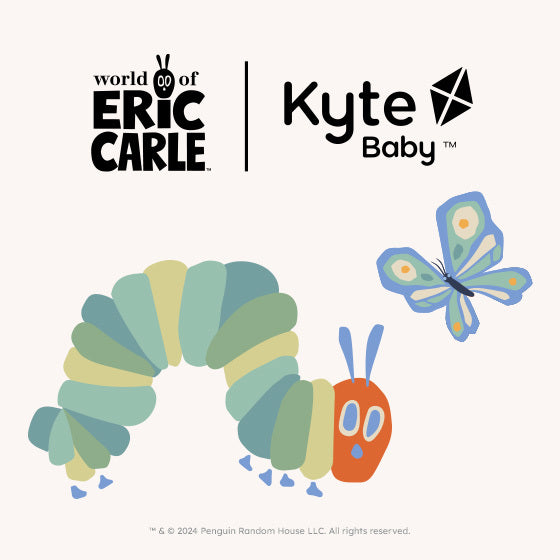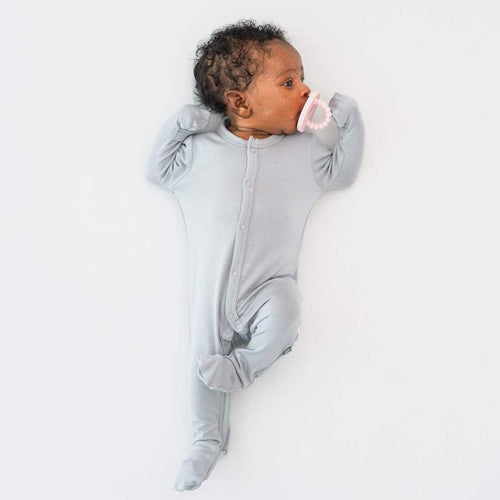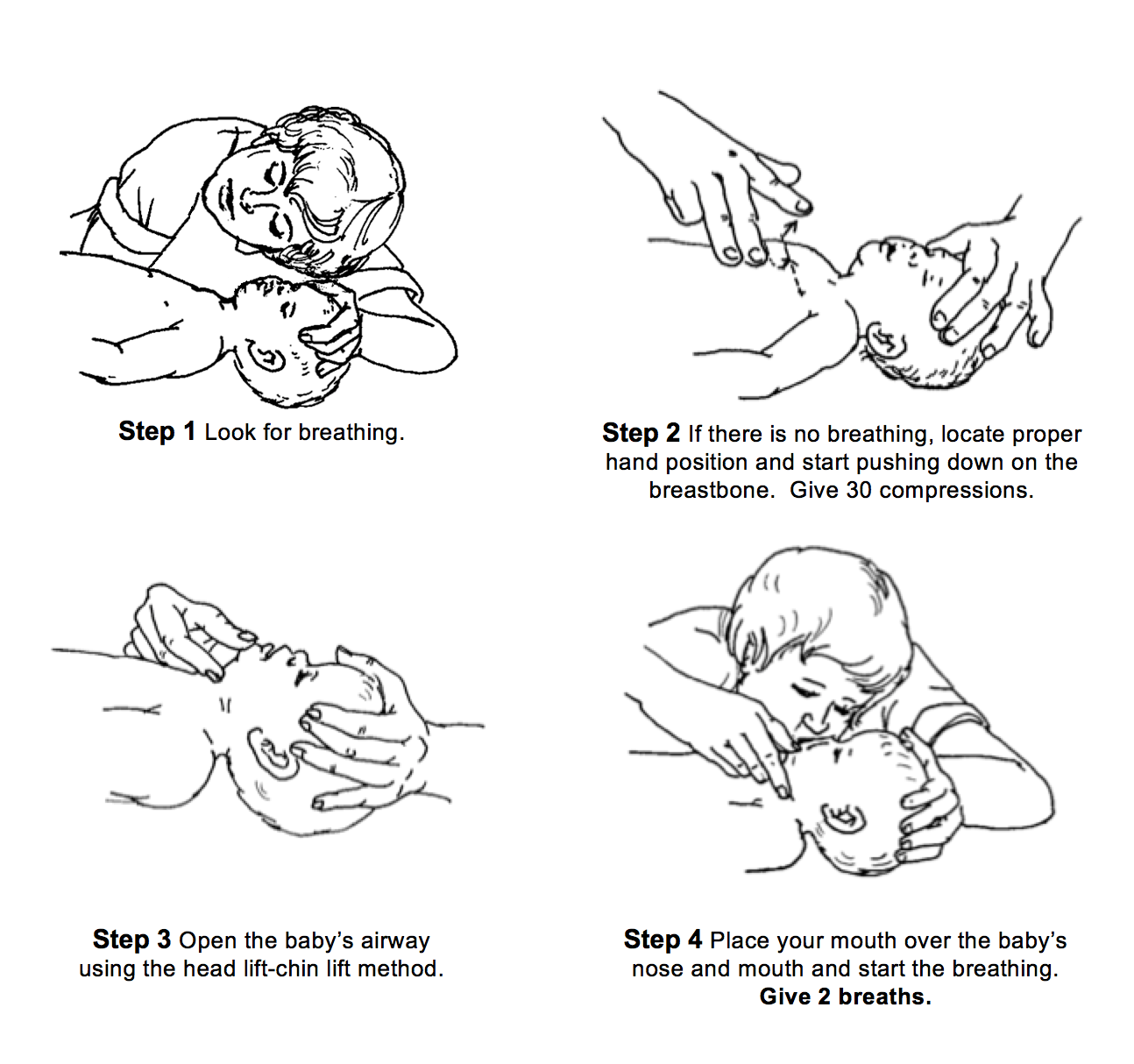When babies are born into this world, they bring with them hopes, dreams, and promises of the future. We hope they will be happy and healthy, we hope to do right by them, and we hope that life will be beautiful for them because they are, quite literally, our dreams come to life. Children are the very definition of innocence, and we, as parents, do our best to protect them for as long as possible. We know that many things are out of our control; that’s the way of life. But what happens when illness or tragedy threatens their livelihood? It’s inconceivable that these new babies, who are so full of life, could ever be seriously ill. Big, scary words like cancer and disease just don’t belong in the same sentence as babies and children. And although it’s every parent’s worst nightmare, it’s the unfortunate reality for so many families.
September is Childhood Cancer Awareness Month, as well as NICU Awareness Month, and we want to shed more light on these causes. Parents whose children have cancer and parents whose newborns have to stay in the Neonatal Intensive Care Unit (NICU) have their lives thrown into complete chaos. In honor of these families, we have chosen Ronald McDonald House Charities (RMHC) as our charity of the month. Kyte BABY will be donating $5,000 to RMHC for its efforts in supporting families whose children need ongoing hospital treatment. We, like those at RMHC, believe that families going through hardship should be given as much emotional and financial support as possible because, as they say, it takes a village.

CHILDHOOD CANCER AWARENESS
There are many things that don’t make sense in this world, but the least fathomable is critically ill children. According to St. Jude Children’s Research Hospital, “Cancer is diagnosed each year in about 400,000 children and adolescents aged 19 and and under worldwide.” It is the leading cause of death by disease for children under the age of 14. However, thanks to medical advancements and improved therapies, over 80% of U.S. childhood cancer patients now become long-term survivors. While the numbers are reassuring to a degree, a child’s cancer diagnosis is nothing short of a parent’s worst nightmare. It’s universally agreed that children should not have cancer, yet only 4% of the billions of dollars that the government annually spends on cancer research goes toward treating pediatric cancer. Because childhood cancer research is underfunded, it’s important to bring as much awareness to the cause as possible.
The most common types of cancer that are diagnosed in children ages 0-14 years are leukemias, brain and other central nervous system tumors, and lymphomas. All pediatric cancers are considered rare, but they do happen, and more than 95% of childhood cancer survivors have significant health-related issues because of the current treatment options. A child’s cancer diagnosis is a devastating blow to the family and coping is one of the biggest challenges for parents who have to handle the emotional and financial impact. Children with cancer spend a lot of time at the hospital for tests, treatments, and/or surgeries, which can bring a lot of chaos to home life.

NICU AWARENESS
It would be an understatement to say that there’s a lot of preparation preceding the arrival of a baby. You spend those 9 months researching and planning everything to do with bringing a new life into the world, including making a birth plan. Birth plans can vary a lot from person to person; some have their hearts set on an unmedicated, water birth, while others want the epidural and the security of a hospital. But a NICU stay? Hardly. Your baby being hospitalized after delivery definitely isn’t part of your birth plan. While the Neonatal Intensive Care Unit provides round-the-clock, lifesaving care to sick or premature babies, it’s still a very scary place for parents to find themselves and their babies in.
The earlier in pregnancy a baby is born, the more likely they are to have health problems. According to March of Dimes, “Babies born before 34 weeks of pregnancy are most likely to have health problems, but babies born between 34 and 37 weeks of pregnancy are also at increased risk of having health problems related to premature birth.” Some premature babies need to spend time in the NICU until their organs develop enough to stay alive without medical support. The NICU stay for premature babies can last as long as weeks or months until they’re able to breathe on their own, eat by mouth without a feeding tube, and maintain their body temperature. Every year, about 1 in 10 babies in the United States is born prematurely.

Other reasons babies need to stay in the NICU include heart defects and conditions, insufficient feeding, gastroschisis, hypoglycemia,, intrauterine growth restriction (IUGR), jaundice, and sepsis. There are a number of reasons that newborns are admitted to the NICU and one of the biggest challenges for parents is learning to cope with the stress. When you’re expecting a baby, you have a lot of expectations and dreams about the day you finally meet your little one. You dream about holding them in your arms, smelling the top of their head, and kissing those little feet. All your expectations involve caring for your baby in your home. So when your newborn baby is whisked off to the NICU instead of going home with you, you are completely devastated. While this reality isn’t what so many parents envisioned for their babies, they are quickly forced to adapt. Many parents can barely remember to eat, sleep, or do anything outside of the hospital because they are so laser-focused on tending to their baby’s needs. Some common emotions for parents of NICU babies are worry, stress, anger, fear, sadness, guilt, and feeling helpless and overwhelmed.
Families with children in the hospital have a lot on their plate, and that’s putting it lightly. Although it may feel like your world has come to a screeching halt when you hear that your child has to be hospitalized, reality has other plans. Most parents need to keep working or taking care of the other children, etc. Sometimes, the hospital in which your child is being treated is a long commute away, which makes time management even harder. Getting a hotel room nearby would solve the commute problem, but hotels aren’t cheap, nor are they financially feasible when you’re already drowning in medical bills. Worrying about all these other problems when your child is critically ill only makes everything harder for families, which is why a charity like Ronald McDonald House is so important.
ABOUT RONALD MCDONALD HOUSE CHARITIES
The first Ronald McDonald House opened in 1974, in Philadelphia, PA, when 3-year old Kim Hill was being treated for leukemia at St. Christopher’s Hospital for Children. Her parents, Philadelphia Eagles football player Fred Hill and his wife, Fran, often camped out on hospital chairs and benches during Kim’s three years of treatment. During this time, they witnessed many other parents do the same thing, hardly sleeping or eating, and often traveling great distances to bring their kids to the medical facility because they couldn’t afford hotel rooms. Fred and his Eagles teammates raised funds and, through the support of many, including those at McDonald’s, all the money went toward purchasing an old house that was near the hospital. This became the first ever Ronald McDonald house. Today, there are over 365 Ronald McDonald Houses throughout the United States and the world, with local chapters in 64 countries and regions. Not only does Ronald McDonald House Charities (RMHC) provide more than 1.4 million overnight stays each year, 90% of top children’s hospitals around the world are home to at least one RMHC core program.
When families stay at a Ronald McDonald House, they are provided with clean, comfortable lodging, three meals a day, and activities for children to entertain themselves. Without the worry of chores like cooking and cleaning, parents are able to focus on caring for their sick child. The charity’s own words are: “Together, we can give families with a sick child what they need most—each other. Our mission is simple: provide critically ill children with communities of support, access to medical care and the healing power of family and home.”

With September being both National Childhood Cancer Awareness Day and National NICU Awareness Day, we at Kyte BABY thought that RMHC was the best choice for our charity of the month. RMHC’s work in easing the emotional and financial burden that families with critically ill children endure is something we value. After all, every family deserves support and somewhere to turn in times of need.

